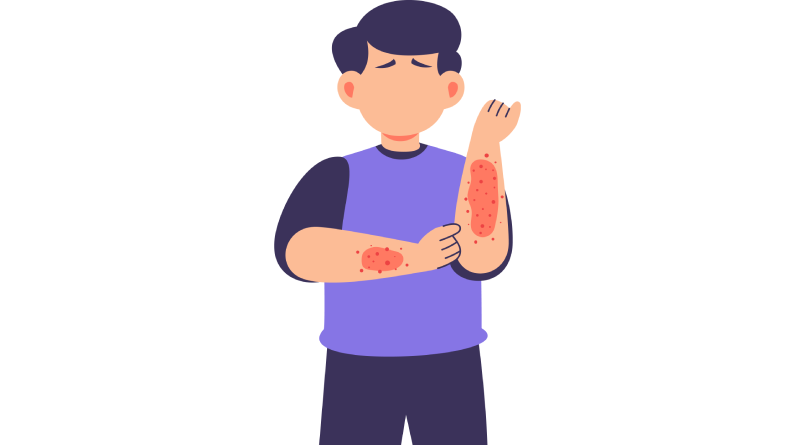The Itch Factor: Understanding Pruritis
Itching, also known as pruritis, is an uncomfortable sensation on the skin that triggers an irresistible urge to scratch. While scratching may provide temporary relief, it can also lead to further irritation, pain, and even infection.
What Causes Itching?
Itching can be associated with various conditions, including:
– Allergies (food, insect bites, medications, fabric, or pollen)
– Skin conditions (psoriasis, eczema, dry skin)
– Irritation (cosmetics, chemicals, or environmental factors)
– Pregnancy
– Stress
– Prickly heat and other heat-related conditions
– Diseases (liver, thyroid, blood, or kidney disorders)
– Infections (bacterial, fungal, or viral)
– Parasites (scabies, head lice, or pinworms)
– Diabetes
– Shingles and other nervous system diseases
– Certain cancers and cancer treatment
The Risks of Scratching
Scratching can provide temporary relief, but it can also lead to:
– Bruises and inflammation
– Skin damage and infection
– Thickening or darkening of the skin
– Delayed healing
Tackling the Itch
While scratching may be tempting, it’s essential to address the underlying cause of the itch. Here are some temporary relief measures:
– Cold compressions or cool showers
– Colloidal oatmeal baths or application of ice packs
– Topical creams or ointments containing camphor, menthol, or phenol
– Anti-histamines or anti-allergic medications for allergic pruritis
Complications of Untreated Itching
If left untreated, itching can lead to:
– Skin damage
– Bacterial or fungal infections
– Bruises and scratches
– Delayed healing
References:
https://medlineplus.gov/itching
https://www.healthline.com/health/itching
https://www.medicinenet.com/itch/article.htm
https://www.aad.org/public/everyday-care/itchy-skin/itch-relief/relieve-uncontrollably-itchy-skin

